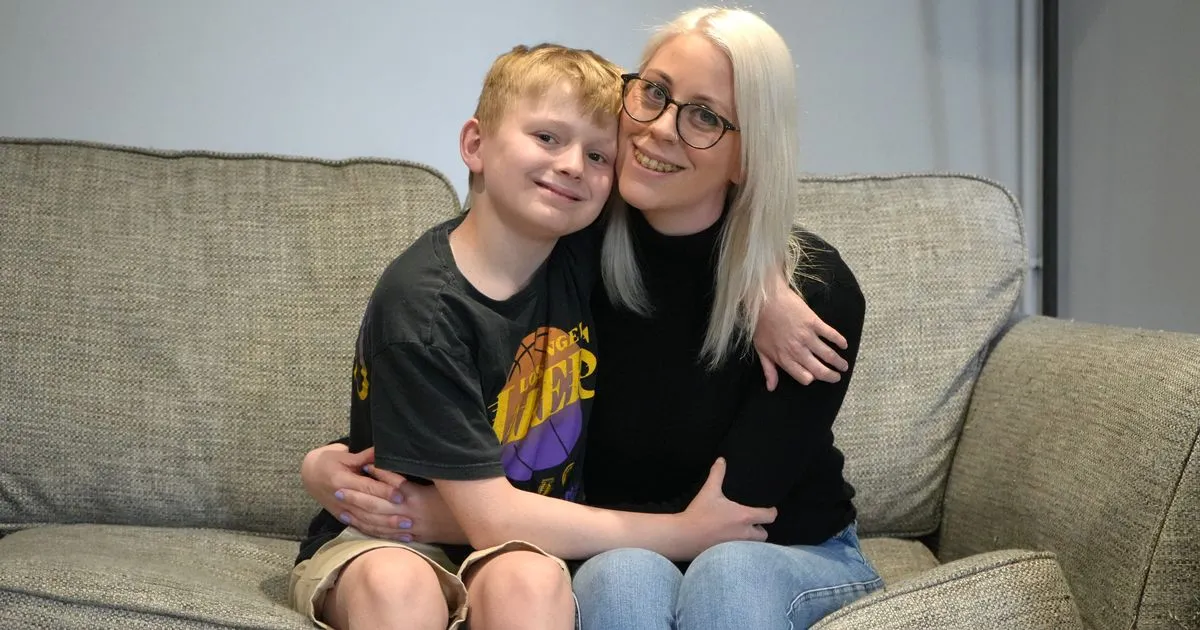Exciting news from early trial results suggests that children with milk and peanut allergies are experiencing remarkable improvements through a new approach involving everyday foods. This groundbreaking trial, backed by a £2.5 million initiative from the Natasha Allergy Research Foundation, involves five NHS hospitals.
The foundation, established by Nadim and Tanya Ednan-Laperouse in memory of their daughter Natasha, aims to advance allergy research and advocate for changes in food laws. Their tragic loss in 2016 spurred them to action, hoping to prevent similar tragedies.
The trial, known as clinical oral immunotherapy (OIT), administers everyday foods under medical supervision to gradually build patients’ tolerance. This approach, while not a cure, has shown life-transforming results. Patients who once suffered severe allergic reactions are now able to consume small amounts of allergens safely.
One such success story is Thomas Farmer, an 11-year-old who, since participating in the trial, can now consume six peanuts daily despite initially having a severe peanut allergy. His mother, Lauren, expressed relief, stating that the trial has alleviated much of their anxiety surrounding food.
Similarly, Grace Fisher, a five-year-old with a milk allergy, has seen remarkable progress since joining the trial in Newcastle. Her mother, Emma, shared their joy as Grace now enjoys daily hot chocolates, having built up her tolerance to 120ml of milk.
The trial, which has enrolled 139 participants aged two to 23 with allergies to peanuts or cow’s milk, is conducted across several NHS hospitals. Its success could pave the way for widespread adoption of everyday foods treatment within the NHS, potentially revolutionizing allergy management.
Mrs. Ednan-Laperouse expressed her late daughter Natasha’s hypothetical enthusiasm for such research, underscoring the trial’s significance in their mission to eradicate food allergies. Professor Arshad, leading the trial at University Hospital Southampton, emphasized the goal of achieving a life free from the risk of allergic reactions, particularly those that are severe and life-threatening.
Funded by donations from various companies including Pret, Tesco, and Sainsbury’s, the trial is expected to conclude in 2027, with full results eagerly anticipated. If successful, it could mark a major breakthrough in allergy treatment, offering hope to countless individuals and families affected by food allergies.















































